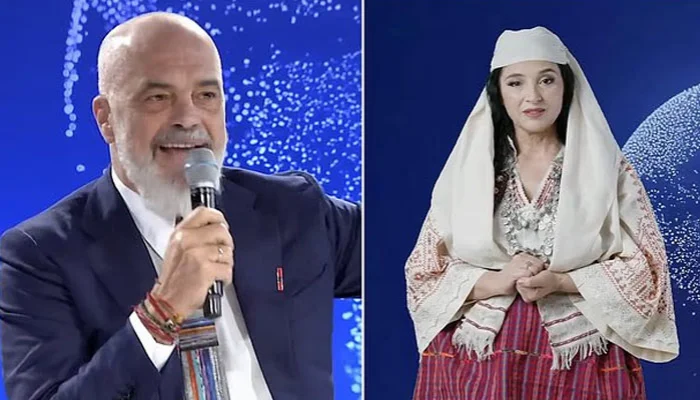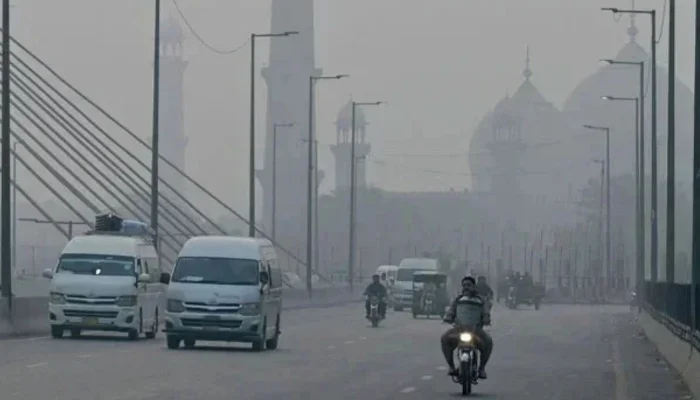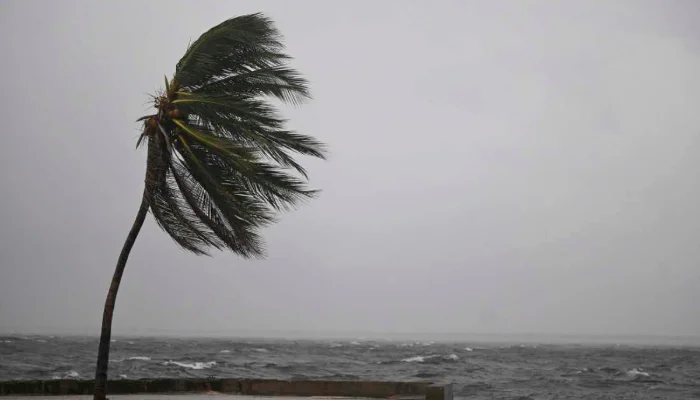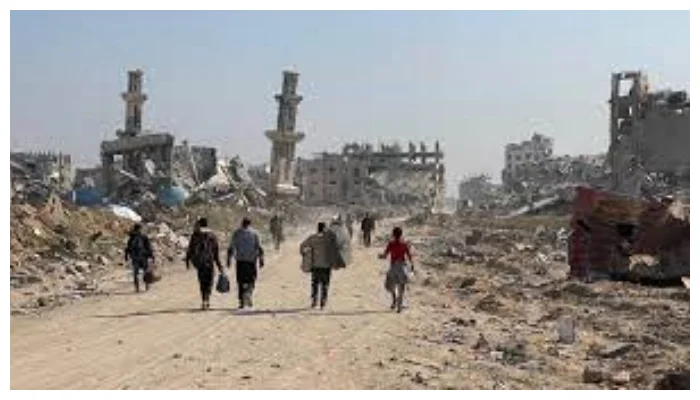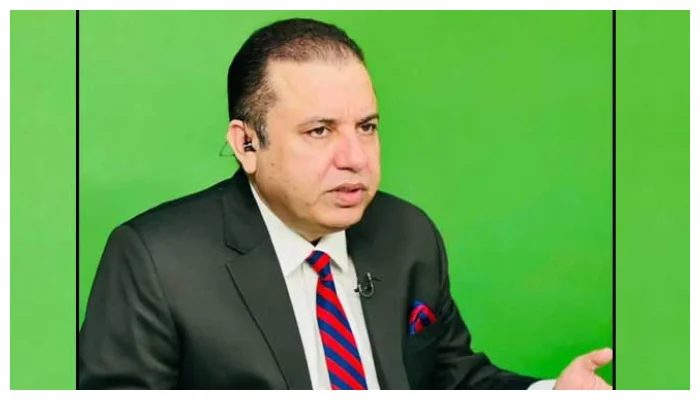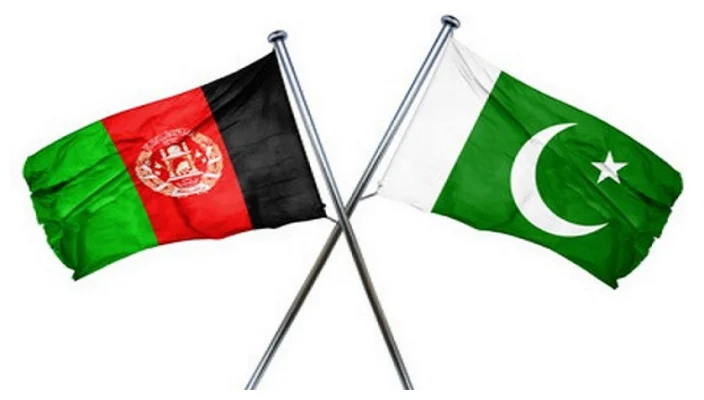This week Bol News spoke with prominent policy maker and Emirates Policy Centre Abu Dhabi UEA President Dr Ebtesam Al-Ketbi about the political scenario in Pakistan. Following are extracts from her interview.
Q: Are the Abraham Accords ushering in a change in the political narrative? How?
EAK: The Abraham Accords have brought about a sea change in the perceptions in the Middle East on various fronts. The image of this region, as one engaged in forever conflicts, has changed. It has demonstrated a willingness among its leadership to embark on a new journey and challenge conventions. They have also shown what can be achieved by giving peace a chance. And, perhaps most importantly, the political narrative has changed due to this new thrust towards peace. So, the ambiance has been built due to the Accords, and it is now up to all the stakeholders to take things to another level. It is also important to note that strengthening cooperation and friendship with Israel is a strategic choice for the United Arab Emirates (UAE), based on its vision to strengthen the pillars of regional stability and prosperity. From a broader perspective, and going by the response it has generated, Abraham Accords will define the future of world peace.
Q: Do agreements such as these bridge the divide between Muslim countries and the rest of the world?
EAK: Indeed. Such path breaking agreements provide platforms for the well-meaning people to come together and discuss prospects of peace and prosperity. Just imagine the opportunity for scientists, academics, entrepreneurs, artists, and even students on both sides to collaborate. Once you have these platforms available to people on both sides of the divide, they automatically bridge the divide that has existed for a long time. The Muslim world in general, and its youth in particular, should grab opportunities such as these and make their mark gloabally. This is a once-in-a-lifetime opportunity for them to harness their potential and rub shoulders with the best in the world.
Q: Should countries such as Pakistan follow the UAE’s example in recognising and engaging with Israel?
EAK: Yes, for the international community, there are always ways and means to express and maintain our differences in the comity of nations that we inhabit. We have had numerous political differences over the years that have finally been resolved through dialogue. If things are to be resolved across the table, the earlier that happens, the better it would be for all stakeholders. Pakistan has a major challenge at hand in its neighbourhood in Afghanistan, and if it cooperates with everyone on extremism and terrorism, it will bring prosperity to its society. Pakistan needs stability, security, and economic cooperation to build its future, and it will only help if it engages with those who can help on all these fronts.
Q: How do you evaluate the role of Prime Minister Imran Khan and the army leadership in Pakistan?
EAK: Leadership is an internal issue, and it is for the leadership and the people of Pakistan to decide their future course of action based on their perception of national interest. My assessment of Pakistan’s establishment suggests that the army and the Prime Minister are aligned on most issues facing them, making this the best opportunity for them to call Israel. However, it is up to them to decide their future course of action. I am not willing to speculate on whether they would take the step, but I can say that Pakistan should look at the UAE example while evaluating this.
Q: former President Pervez Musharraf supported diplomatic ties with Israel, but he did not get enough support. Do you think democracy helps in making such a tough decision?
EAK: It’s a difficult question to answer, but I don’t think having a democracy prevented him from deciding. Ultimately, the role of a leader is to shape the country’s future, and, as long as the leader is honest, sincere, and well-meaning, he generates support for making tough decisions. If the support that Musharraf received was not enough, that simply means the nation wasn’t then ready to take such a step. Even though they decided against it then, the fact that we are discussing the possibility now means it is important to continue discourse in society.
Q: Will the climate of trust built by the Abraham Accords help tackle Islamophobia worldwide?
EAK: Well, we at least hope so. One can never be certain in these matters, but the trust developed due to Abraham Accords is already beginning to bear fruit. It has galvanised businesses and other art, culture, and science-related activities. It takes time for these things to fructify but building a climate of trust is always a good starting point. There is no greater step than people-to-people contact in creating an environment of trust. This has already started between the UAE and Israel on a large scale. The challenge of Islamophobia cannot be dealt with at a policy or even policy implementation level. People belonging to Muslim countries will have to play their roles in going out and making their presence felt. In the old days, they used to say familiarity breeds contempt. I think, nowadays, it is the opposite. It is the unfamiliarity or the fear of the unknown that is driving contempt. Muslim countries and their people should shoulder the responsibility of telling their stories. Otherwise, elements opposed to peace will hijack the narrative, and Islamophobia will remain the norm.


